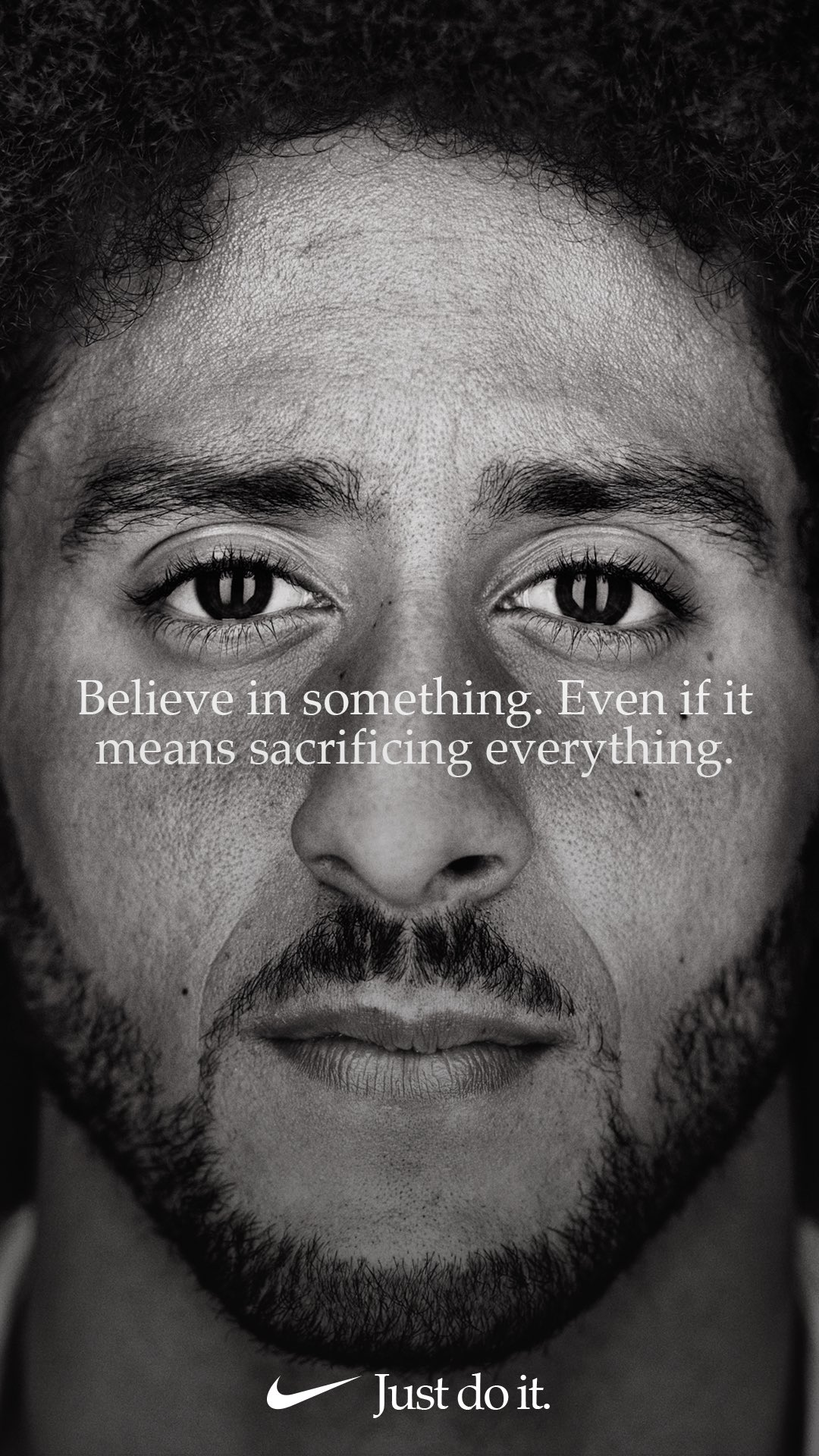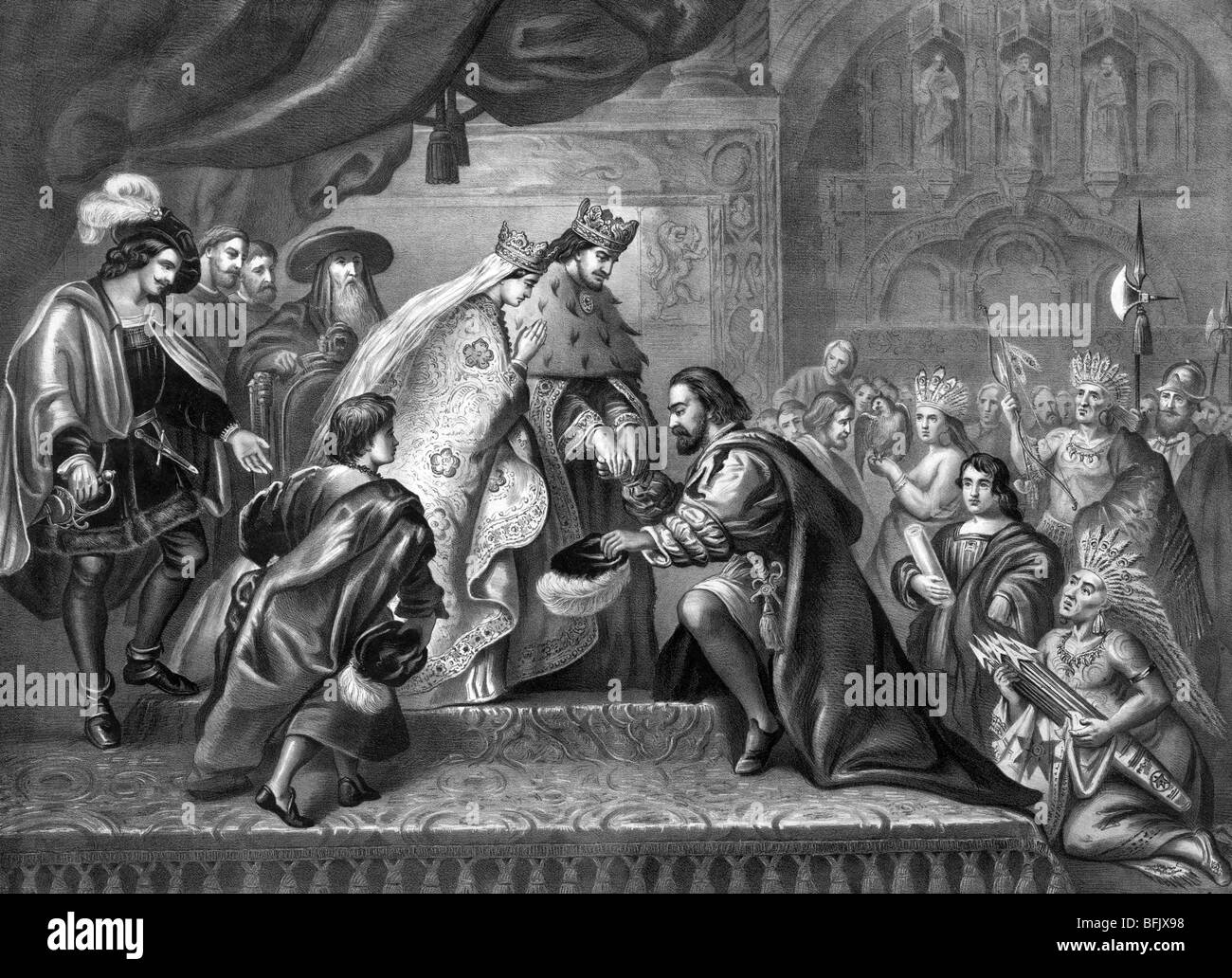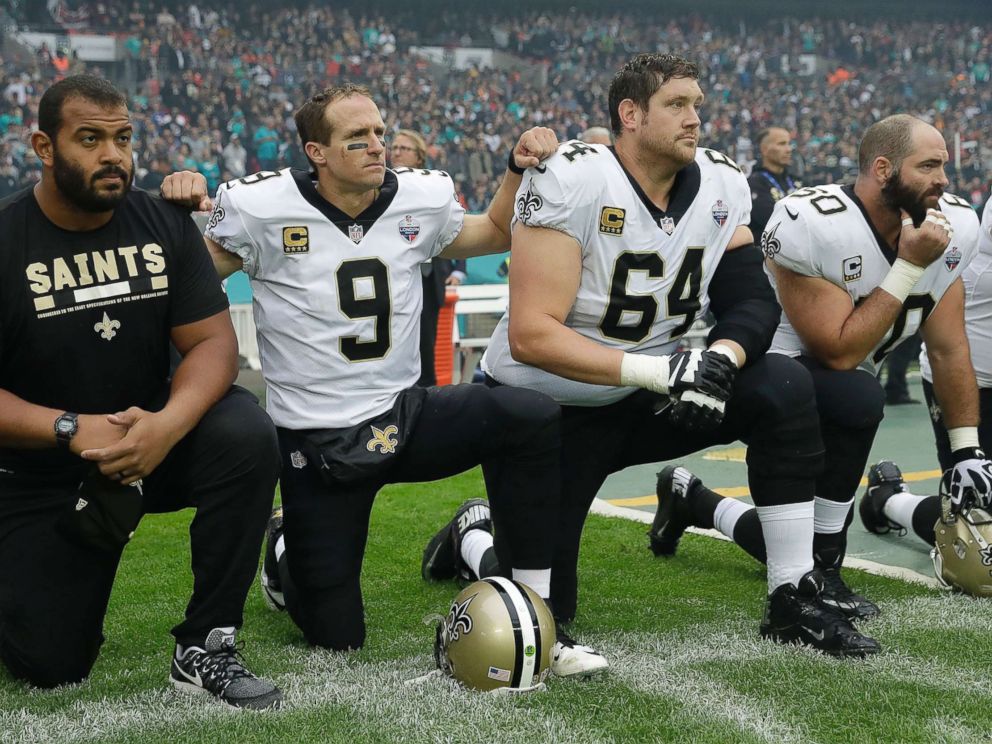"You will suffer in significant ways from this for the rest of your life."
There are times in all of our lives when we hear things that we dread. This was one of those for me and it happened this week. These words came from my doctor after I took a series of tests for brain functioning as a result of concussions throughout my life. Let me be clear, they were not a surprise. I have known for years that many of the symptoms for Chronic Traumatic Encephalopathy (CTE) are things that I am experiencing. Memory loss, depression, emotional outbursts, questionable judgment, headaches, dizziness are all things that I have had to deal with. But the difference between hearing that you may suffer and you will suffer is a huge gap.
It does not mean I have been diagnosed with CTE. At this time, it can only be diagnosed post-mortem. But I do show chronic signs from traumatic brain injuries that in turn led me to score low on the tests. According to my doctor, there will be many more tests and lots of physical therapy. And pondering and processing. It is hard to realize that something that you have loved, in this case, the game of football could have caused so much pain.
 Football has helped me become who I am. Through coaches who actually taught virtues through the game, I grew to understand dedication, humility, hard work, commitment, loyalty, love and community in ways I never learned anywhere else. I have met some of the most amazing and unique people that I have played with and against. I have coached some of the most incredible people on the planet. I have traveled to places I never imagined I would go, and I have made some of the best friends anyone could ever have, all through football. I have been blessed through the game. I knew that my body would take a toll, but I never knew that it would be so vicious.
Football has helped me become who I am. Through coaches who actually taught virtues through the game, I grew to understand dedication, humility, hard work, commitment, loyalty, love and community in ways I never learned anywhere else. I have met some of the most amazing and unique people that I have played with and against. I have coached some of the most incredible people on the planet. I have traveled to places I never imagined I would go, and I have made some of the best friends anyone could ever have, all through football. I have been blessed through the game. I knew that my body would take a toll, but I never knew that it would be so vicious.When I was playing we knew nothing of CTE or the effects of multiple concussions. In fact, one year in college I had five concussions and was approved to return to play after each one. No one imagined the horrors that would await some of us. And make no mistake, they are horrors. The absolute pain of the headaches, which feels like someone is taking a knife to the inside of your skull, the sensitivity to sound which produces more headaches. The pure darkness of depression when you feel as if you are in such a deep hole that you can not claw your way out of it and which creates physical pain to match the mental abyss you find yourself in for no apparent reason. The emotional gymnastics which make suicide seem like a far better option than to take one more excruciating breath. All of this and more are the other side of the game.
Balancing those two realities and trying to come up with an answer for "was it worth it?" is an impossible task. And so we have a debate now raging around the issues of concussions and the game. Ironically, last week saw the release of a book by Merrill Hoge and Peter Cummings called Brainwashed: The Bad Science Behind CTE and The Plot to Destroy Football, in which the authors try to make the case that there is no scientific proof that football causes CTE. In the book, they take on the Boston University neuropathologists who have done the majority of the work in the field and in 2017 released a study where they found that of 111 brains of former NFL players 110 had CTE. Hoge and Cummings point out the flaws in the study, which granted there are some. The research still needs to move forward and more needs to be done. Hoge's book does not dispute however that those 110 brains had CTE and that is 110 families that lost a loved one. While the science needs to catch up, we also need to know that the game has its costs and many times we are not aware of them until it is too late. For me, it is no longer an academic or philosophical premise. I know what caused my trauma, and it was the game I love.
Personally, I knew of some of the risks later as I was coaching and the word was getting out about the effects of concussions and I experience the start of some of my symptoms. As a result, I changed the way I coached and ran practices. We no longer hit during practices with live tackling. As soon as Hawk tackling was introduced by the Seattle Seahawks we implemented it in our tackling. I did everything I could to take the head and the repeated banging out of the game. Shorter practices, less hitting, never taking someone to the ground, new techniques, new equipment, whatever we could do I implemented it because I did not want any of my players to experience the pain I was.
I felt like that was my way to honor the game by making it safer for those I coached so that they might be able to benefit from the positive aspects without the residual pain. I faced resistance, from assistant coaches primarily who weren't living the hell I was and thought that toughness was more important and that we should be hitting more. But, I never backed down and it has cost me over the years.
And so now I move forward, knowing that the road ahead is difficult and hoping that the things I learned from the game about perseverance, hope, and diligence will help me through this challenge ahead. Persevering through the tasks set in front of me, Hoping that science will find solutions that may provide a cure where there is none today. And being diligent about loving those around me to the best that I can. And if nothing else trying to keep positive in the midst of things. As I told my doctor, "well the good thing is that every movie I watch is always brand new to me these days! That's something!"






